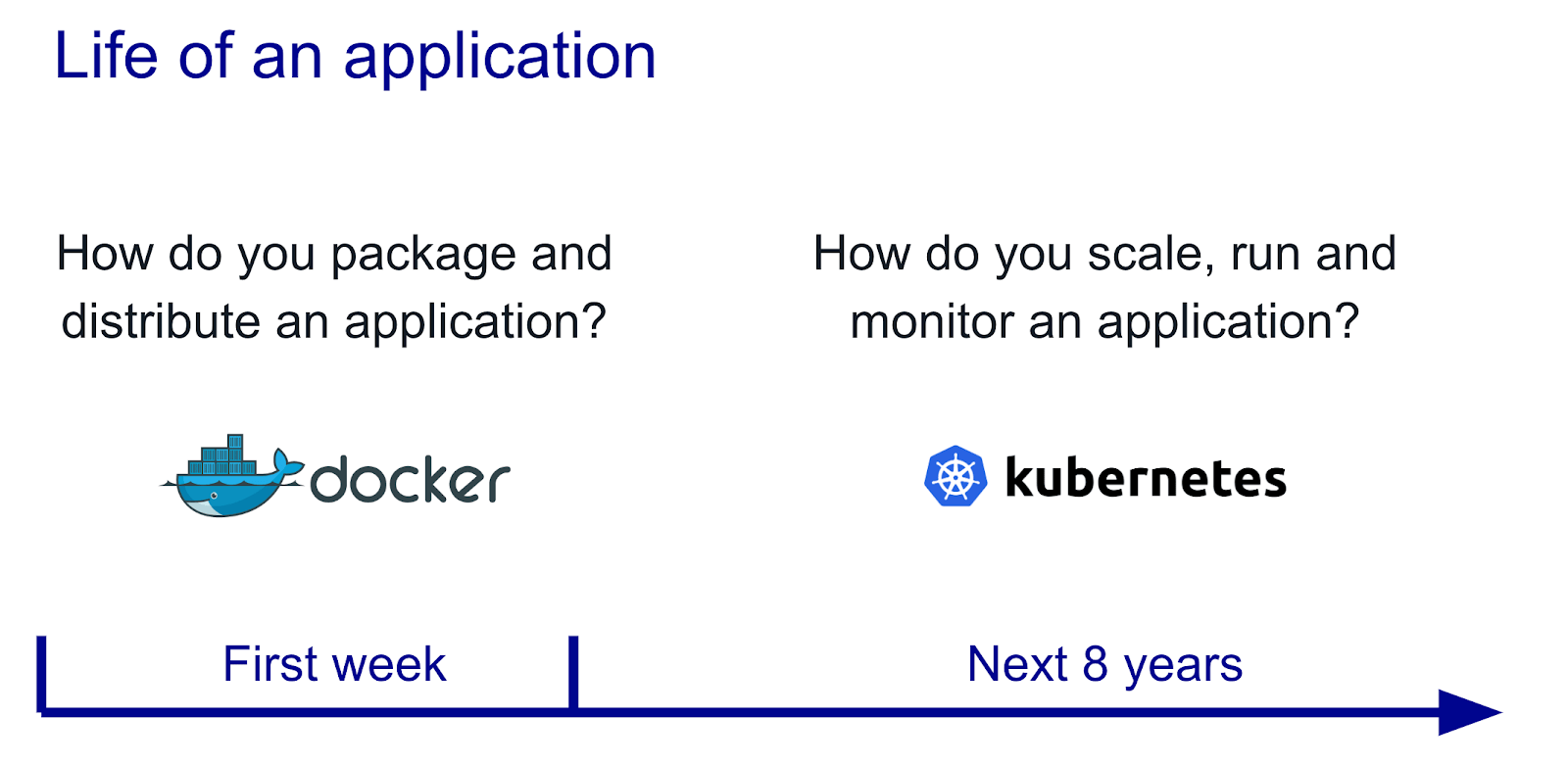What is a Container Runtime?
A Container Runtime is a software component that is responsible for running containers. It manages the lifecycle of containers, including creating, starting, stopping, and deleting them. Container runtimes provide the low-level functionality needed to run containerized applications by interacting with the underlying operating system and hardware resources. Popular container runtimes include Docker, containerd, CRI-O, and runc.
How Does a Container Runtime Work?
Container runtimes create isolated environments for applications by utilizing features of the operating system such as namespaces and cgroups. These features allow containers to share the host’s kernel while remaining isolated in terms of processes, networking, and file systems. The runtime pulls the container image, unpacks it, and runs the application inside the container according to the specified configuration.
Why is a Container Runtime Important?
A container runtime is essential for running containerized applications efficiently and securely. It abstracts the complexity of interacting directly with the operating system, making it easier to deploy, manage, and scale containers. Container runtimes are a foundational component of container orchestration platforms like Kubernetes, where they enable the automation of container management tasks.
Key Features of a Container Runtime
- Image Management: Pulls, stores, and manages container images from registries.
- Resource Isolation: Uses namespaces and cgroups to isolate container resources and processes.
- Networking: Configures container networking, enabling communication between containers and the external world.
- Security: Provides secure runtime environments with features like sandboxing and resource limits.
Benefits of a Container Runtime
- Efficiency: Runs multiple containers on a single host while isolating their resources effectively.
- Portability: Ensures applications run consistently across different environments, from local machines to cloud platforms.
- Scalability: Supports large-scale containerized workloads by integrating with orchestration platforms like Kubernetes.
- Flexibility: Supports a wide range of container images and application types.
Use Cases for a Container Runtime
- Application Deployment: Run and manage containerized applications in development, testing, and production environments.
- Microservices: Support the deployment and scaling of microservices-based architectures.
- DevOps Workflows: Enable CI/CD pipelines by providing a consistent runtime environment for containers.
- Edge Computing: Run lightweight containerized applications in resource-constrained environments.
Summary
A Container Runtime is the backbone of containerized applications, providing the functionality to create and manage containers. By isolating resources, managing container images, and integrating with orchestration tools, container runtimes enable the efficient and secure deployment of containerized applications. They are a critical component of modern cloud-native architectures.


